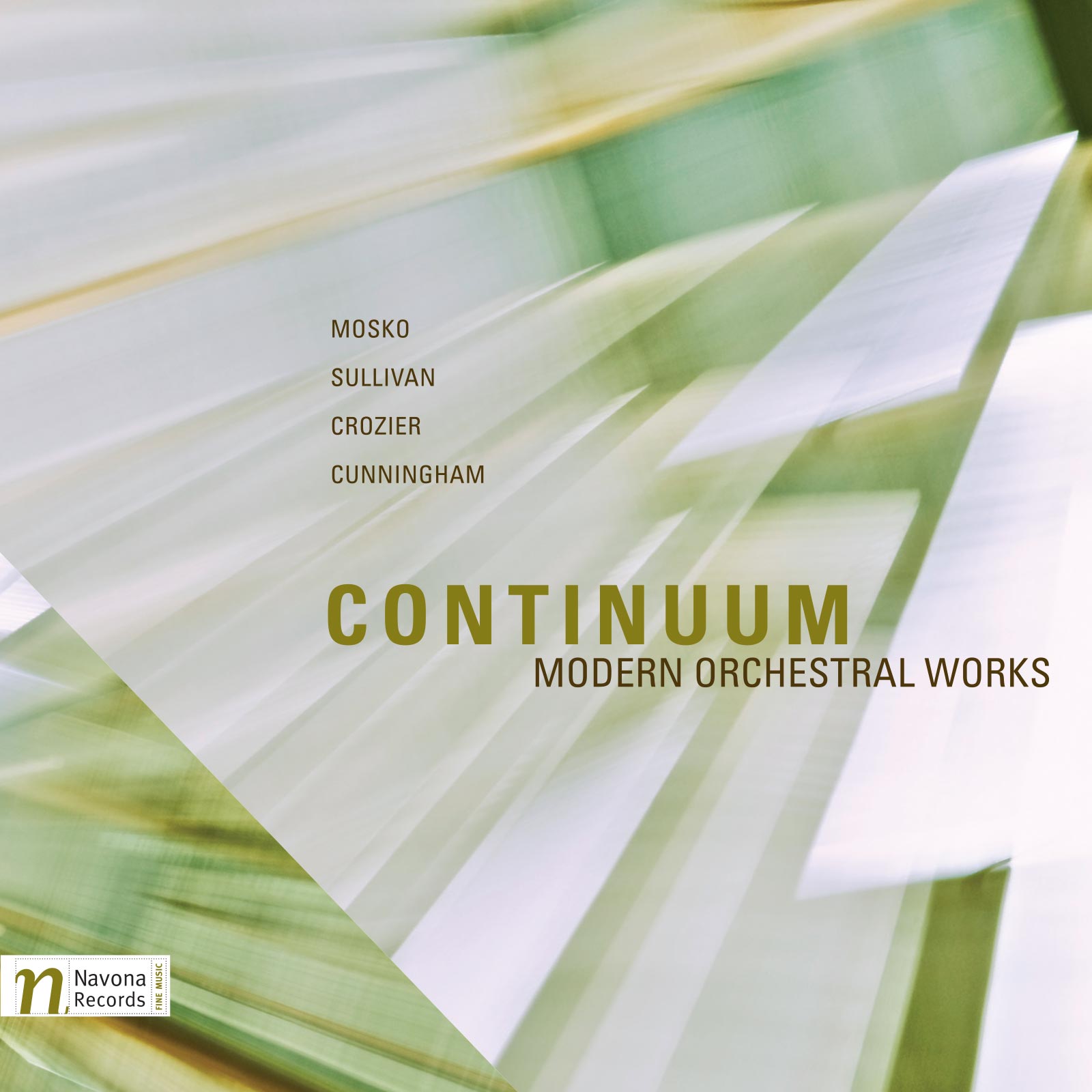
Tim Sullivan’s compositions have been performed throughout the U.S. and Europe at various venues and new music festivals, including the Borealis Festival, American Opera Projects, 2008 NASA Conference, Etcetera Festival of New Music, and World Saxophone Congress XIII. He has received awards and honors from the American Composers Orchestra/EarShot, ASCAP, Downbeat magazine, and ALEA III.
His theoretical work is primarily focused on the music of Alfred Schnittke and Gérard Grisey, with emphasis placed on how this music is perceived by the listener. He has published essays on Schnittke and Ligeti and has presented at several conferences, including a national meeting of the Society of Music Theory. Sullivan is also an active percussionist and jazz drummer. He has several recordings as a member of the Boulder Creative Music Ensemble and has performed with Ron Miles at jazz festivals throughout the U.S.
Sullivan holds a PhD in Composition and Music Theory from the University of Michigan, where he studied with Bright Sheng, Andrew Mead, William Bolcom, Betsy Jolas and Karen Tanaka. He also holds degrees from the University of Northern Colorado, where he studied with Robert Ehle and John McLaird. Additional lessons and master classes have included Georges Aperghis, Toshio Hosokawa, Dieter Mack, Helmut Lachenmann and Beat Furrer. At present, Tim is on the music theory faculty at the Crane School of Music in Potsdam, NY.
Albums
Continuum
Catalog Number: NV5836

